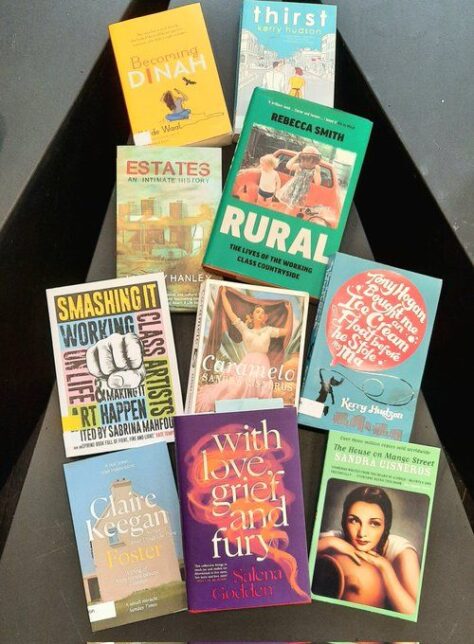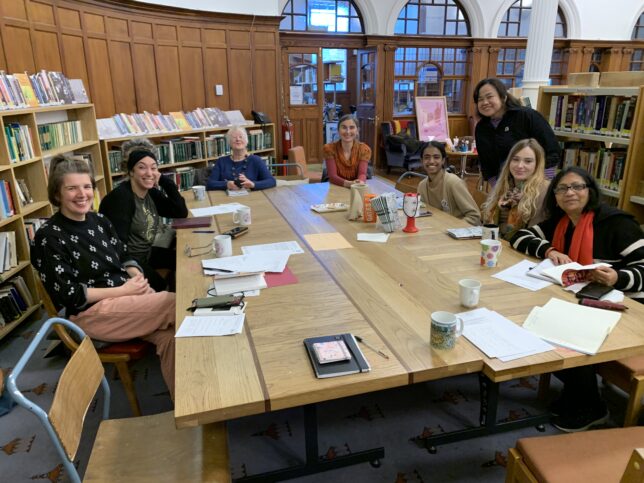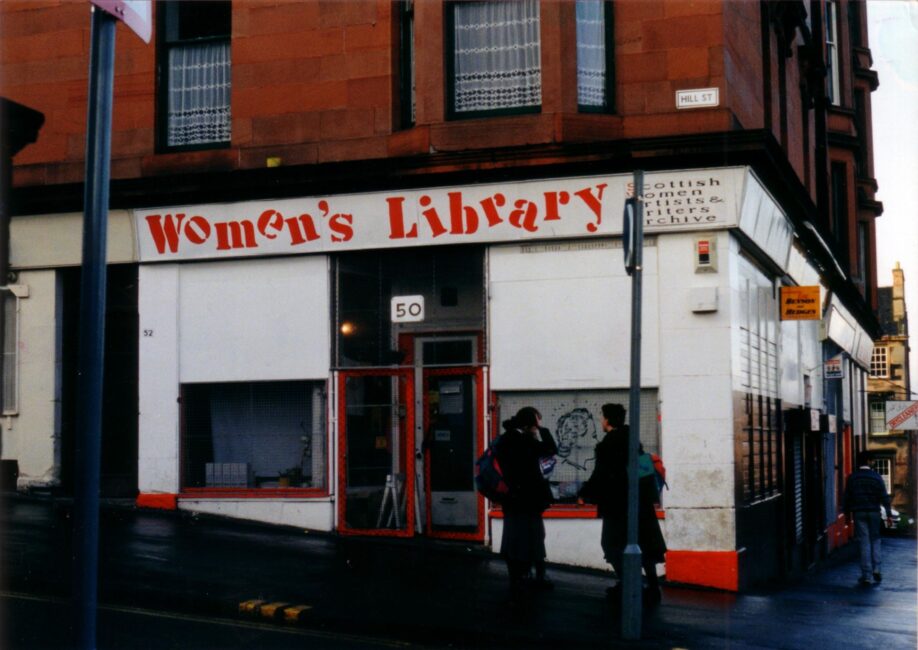What have we been reading and chatting about at Story Cafe? Pauline gives us the latest round up…

It’s great to be back at Story Cafe again – my last blog was in January! Wendy welcomed everyone, especially those at Story Cafe for the first time, all of us come to share stories and poems from around the world. Wendy introduced Amber, on placement at the Women’s Library researching writing by and about working class women in the late twentieth century as part of her PhD.
Amber explained that often academics and researchers discounted and under-valued writing by working class women. So for this Story Cafe, Amber and Wendy really wanted to celebrate and showcase some of the contemporary working-class writers that they love and that can be found on the shelves at the Library.
Amber started by reading a poem by Jamaican mixed heritage poet Salena Godden, called But First Make Tea from her collection With Love, Grief and Fury. I particularly liked this verse:-
Good Morning – Waking up hungry in this dark morning
of the human, maybe porridge is the answer or justice or
spring, probably all three, but first make tea.
Claire Keegan is an an award winning Irish author and Amber read the opening pages of Foster, a beautifully written novella telling the story of a young girl growing up in rural poverty who is taken by her father to be fostered by another couple because her mother is again pregnant.
We talked of the experiences of women in our lives. In 1924 my mother, aged 14, went from Somerset into service in Bristol. One of a family of 12, she had never slept in a bed on her own and here she slept alone and lonely in a tiny cupboard of a room off the kitchen! Wendy’s grandmother had a similar experience on going into service in London, a long way from her home and big family in Scotland.
After a short break Wendy read Our Good Day, an amusing chapter from The House on Mango Street by Sandra Cisneros, a novel based on her own experience growing up the Hispanic area of Chicago. In the novel we meet a young girl called Esperanza Cordera, who is creative and resourceful, and who strives to reject the low expectations the world seems to have for her.
We finished with two more poems by Salena Godden – Pessimism is for Lightweights , which is on permanent display at the People’s History Museum in Manchester, and Welcome to Hope.
There was a display of books on the table and a list of books available for loan from GWL. Also mentioned was the writing of Scottish writer Jessie Kesson, especially her autobiographical novel The White Bird Passes.
Our next Story Cafe is on the 13th June and will feature the women in the Land Army in the Second World War. Hope you can join us as we hear about the lives and work of these intrepid women.





